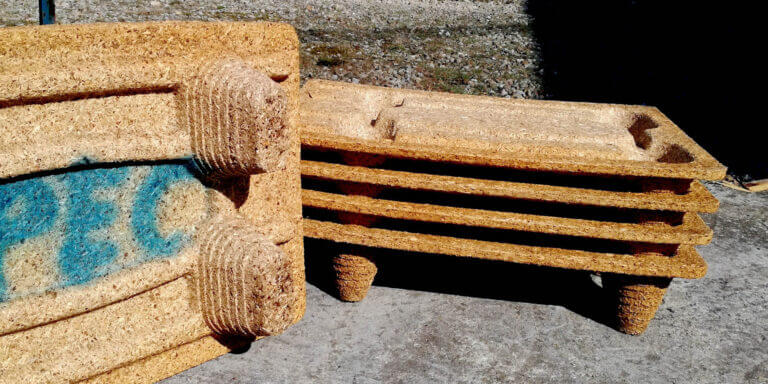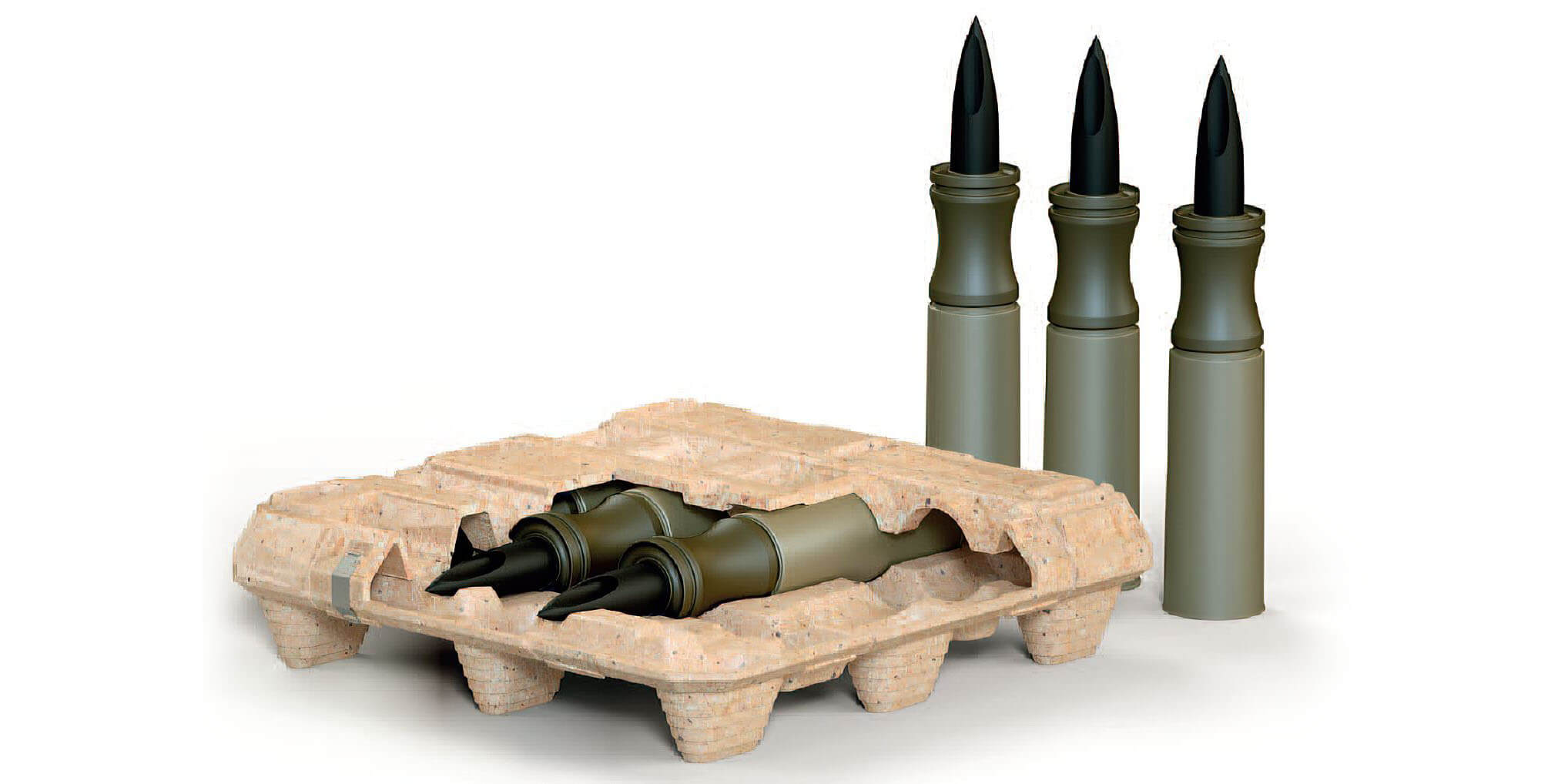Wood in global logistics - is it irreplaceable?
In an era of increasing environmental pressure and tightening packaging regulations, wood continues to play a key role in transportation.
Although the search for alternative materials continues, wood is still the preferred choice for transporting heavy and bulky cargo.
Packaging such as wood pallets and crates dominate the industry due to their strength, accessibility and recyclability, although alternative materials such as steel and plastics are also used in some applications.
Wooden pallets, crates and other packaging are widely used, especially for transporting heavy and large loads such as machinery.
In Germany, for example, the wood packaging industry consumes about 6 million cubic meters of wood per year, equivalent to 25% of the country’s production.
The industry faces challenges from upcoming European Union regulations, particularly the PPWR, which requires packaging to meet certain recycling and reusability standards.
For individual transport packaging, such as boxes or cable drums, meeting these requirements can be difficult, putting their production at risk.
Advantages of wood in logistics
Wood plays a key role in global logistics, offering numerous advantages in both transportation and storage of goods.
In the face of modern environmental and technological challenges, its use continues to evolve, including
in the form of pressed wood pallets.
- Strength and flexibility: Wood has excellent mechanical properties, making it an ideal material for pallets and transport boxes.
Thanks to its strength, it is used for transporting heavy loads such as industrial machinery.
Presswood, made with presswood technology, retains these advantages while offering lower weight. - Green: As a renewable and biodegradable resource, wood is a key element of sustainability.
BosPal’s pressed wood pallet production uses wood waste, reducing the need for new resources.
In addition, wood stores CO2, which helps reduce the carbon footprint in the supply chain. - Recycling and reuse: Traditional wooden pallets can be repaired many times, extending their life cycle.
Pressed pallets have the advantage of being fully recyclable at the end of their life cycle.
This makes them an excellent choice in light of new regulations that emphasize increased material efficiency. - Lightweight and economical: Raw wood is not one of the lightest materials, but pressed wood pallets are much lighter than their traditional counterparts.
Lighter pallets mean lower transportation costs, less fuel consumption and easier logistics operations.
For example, a 1200×800 mm pallet weighs only 12 kg, but can carry up to 1500 kg of cargo. - International shipping compliance: Raw wood is a material that can be made compliant with international standards such as ISPM-15.
Pressed wood pallets, thanks to the high temperature and pressure used during production, are naturally pest-free, which exempts them from ISPM-15 requirements.
As a result, they do not require additional phytosanitary treatments such as fumigation.
The future of wooden packaging in transportation
In the face of growing environmental challenges, wood continues to be one of the most effective solutions in logistics.
Although the industry is testing alternatives such as paper or plastic pallets, wooden packaging still stands out for its favorable strength-to-cost ratio, especially in international transportation.
At BosPal, we are constantly innovating to make our packaging more sustainable.
Our pressed wood pallets have higher durability while reducing weight, which translates into lower transportation costs and reduced CO2 emissions, supporting greener supply chains.




